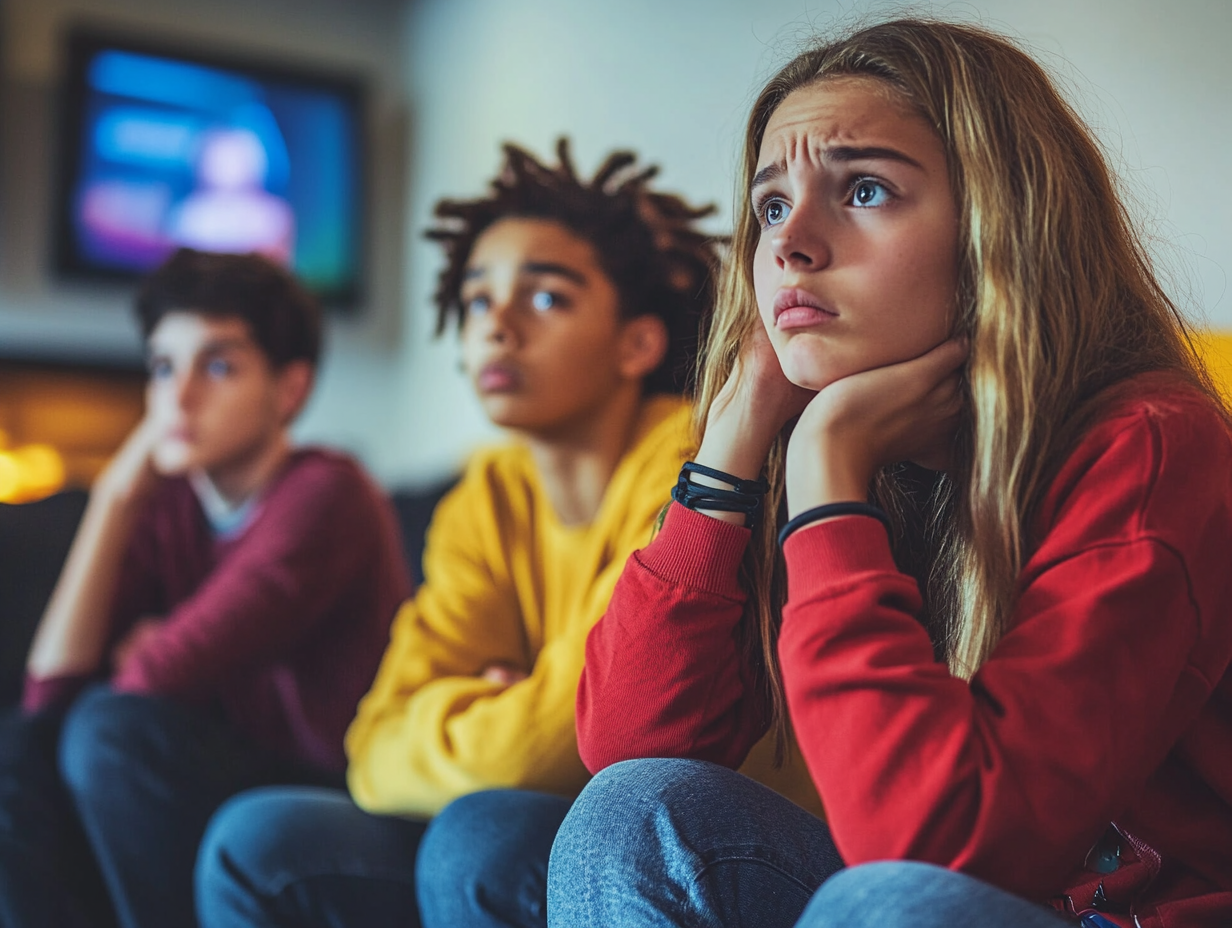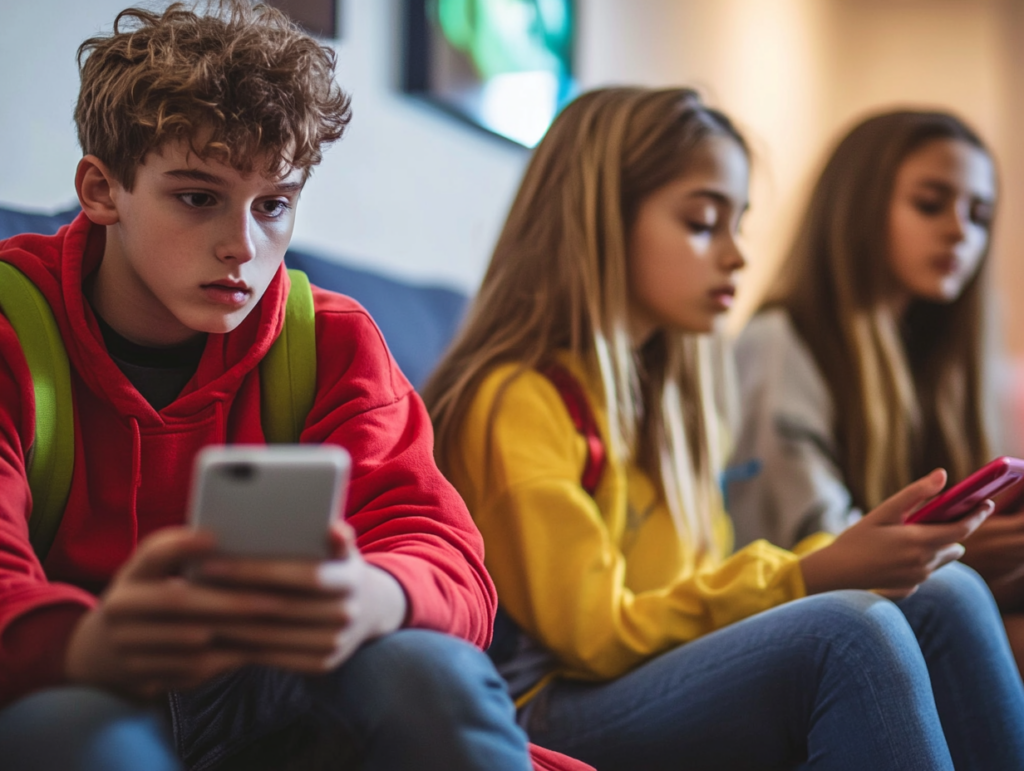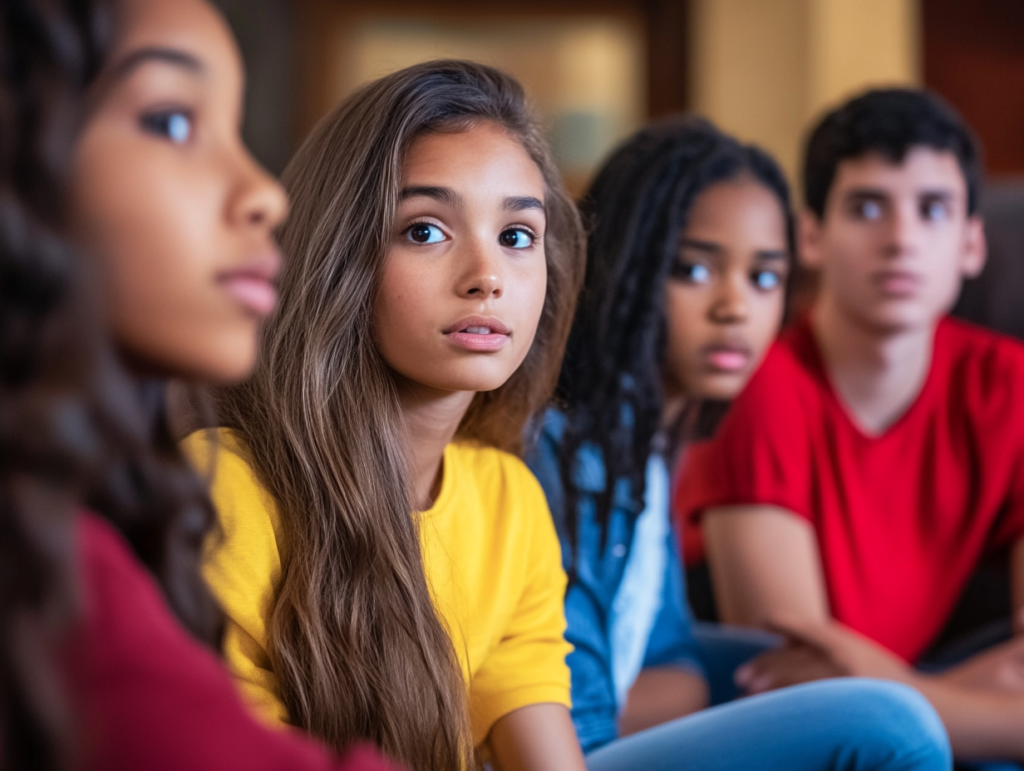Effects of World Events on Students and Staff and the Impact on Learning

In a world marked by rapid changes and global crises, students and educators are increasingly impacted by external events that affect their emotional and psychological well-being. From pandemics and natural disasters to social movements and political unrest, world events shape the experiences of students and staff alike. Understanding how these events impact the learning environment is crucial for creating supportive, resilient school communities.
World events, particularly those that are traumatic or stressful, can have a profound impact on students and educators. When a major event occurs, such as a natural disaster or a political crisis, it can trigger feelings of anxiety, fear, and uncertainty. For students, who may lack the coping mechanisms of adults, these feelings can be overwhelming and difficult to process. Educators, too, are affected, as they navigate their own emotional responses while trying to support their students.
The COVID-19 pandemic, for example, has highlighted how world events disrupt the educational experience. Lockdowns, remote learning, and social distancing created new stressors for students, from the loss of social interaction to academic challenges. Educators, meanwhile, faced the challenge of adapting to new teaching methods while managing their own health and safety concerns.

Direct and Indirect Effects on the Learning Environment

Building Resilience and Adaptation in Schools
Resilience is a key factor in helping students and educators navigate the impact of world events. Schools can play a critical role in building resilience by fostering a culture of empathy, connection, and understanding. One way to support students and staff is by implementing trauma-informed practices, which recognize the effects of trauma on behavior and learning and emphasize the importance of creating a safe, supportive environment.
Mindfulness exercises, social-emotional learning, and mental health resources can also help students and staff manage stress and build resilience. Encouraging open discussions about current events in a way that is age-appropriate and supportive can help students process their feelings and develop critical thinking skills. For educators, peer support groups and professional development on self-care and emotional regulation can provide valuable tools for managing stress.
The Role of Schools in Empowering Students and Educators
Schools have a unique opportunity to empower students and educators by addressing the impact of world events on learning. By fostering resilience and promoting mental health, schools can help students develop the coping skills needed to navigate a complex world. Educators, too, benefit from a supportive school environment that acknowledges their own challenges and provides resources for self-care.
Empathy, connection, and understanding are essential as students and staff navigate the impact of world events on the learning environment. When schools prioritize these values, they create a space where everyone can feel supported and empowered. In a world of uncertainty, the role of educators and caregivers is more important than ever in helping young people develop the resilience they need to thrive.

About Mindset Safety Management
Mindset Safety Management is dedicated to equipping educators and caregivers with the tools needed to support students’ emotional and behavioral well-being.
Through comprehensive training in trauma-informed care, de-escalation strategies, and intentional connection, Mindset empowers professionals to create safe, empathetic learning environments.
By fostering a culture of understanding and respect, Mindset helps schools and care facilities address the unique challenges students and staff face, particularly in times of crisis. At Mindset, we believe that every individual deserves a compassionate, supportive environment where they can grow, learn, and thrive.
